

FunTest is a Test Automation Platform that allows anyone to create automated test sequences for hardware testing. By using a spreadsheet editor anyone without prior automation experience can accelerate their testing through automation.
Shipmunk is a powerful app manager and ASO tracker. Search, bookmark and track keywords rating for your favorite apps Shipmunk is an ideal app for iOS and Mac developers who want to gain insight in favorite apps and test keyword performance.
Riddle Quiz is a game of riddles and trivia that will test your logic, creativity, and knowledge. You will have to answer different types of riddles from different categories, such as animals, classic, funny and more. Some riddles are easy, some are hard.
What is the population of Germany? Do you know the flag of Vietnam? What is the capital of Spain? In what country is Noorbeek located? Test your geography knowledge and learn more about our amazing world.
Study Plannr generates personalized and smart study plans with ChatGPT, optimizing revision by considering subjects, topics, and assessment dates. Level up your revision efficiency with Study Plannr.
The creation of music has always been a human endeavor, but with the advent of artificial intelligence, the possibilities are expanding beyond what we ever imagined. Infinite Drum is a new AI-powered tool that allows anyone - regardless of musical experience - to create unique beats using everyday sounds. This innovative technology offers a new level of accessibility, as users can simply record their sounds and let the AI algorithm do the rest. With Infinite Drum, the possibilities for musical expression are virtually infinite.
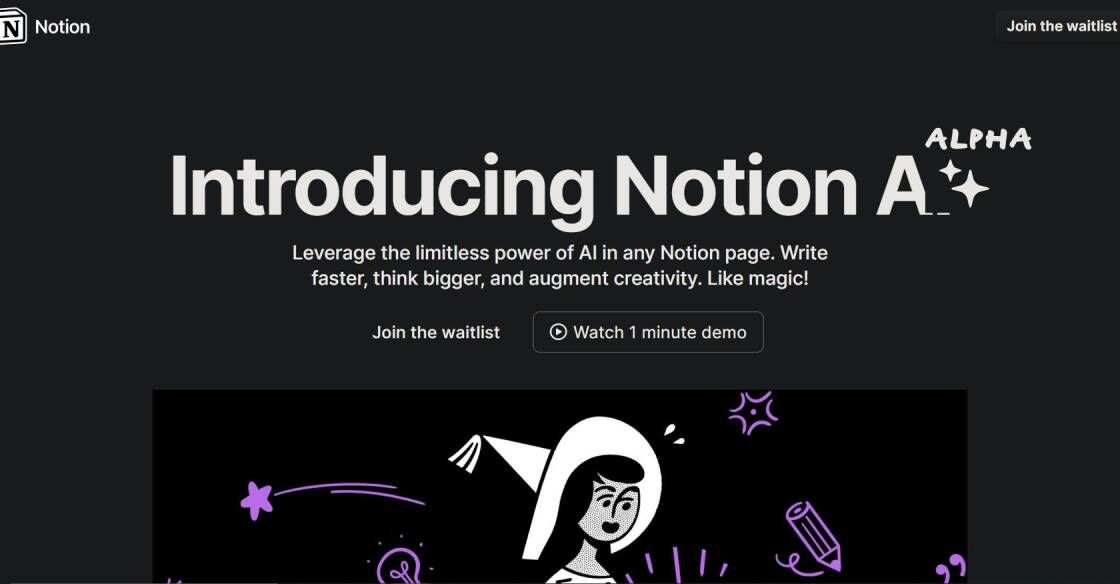
Notion AI
Leverage the limitless power of AI in any Notion page. Write faster, think bigger, and augment creativity. Like magic!
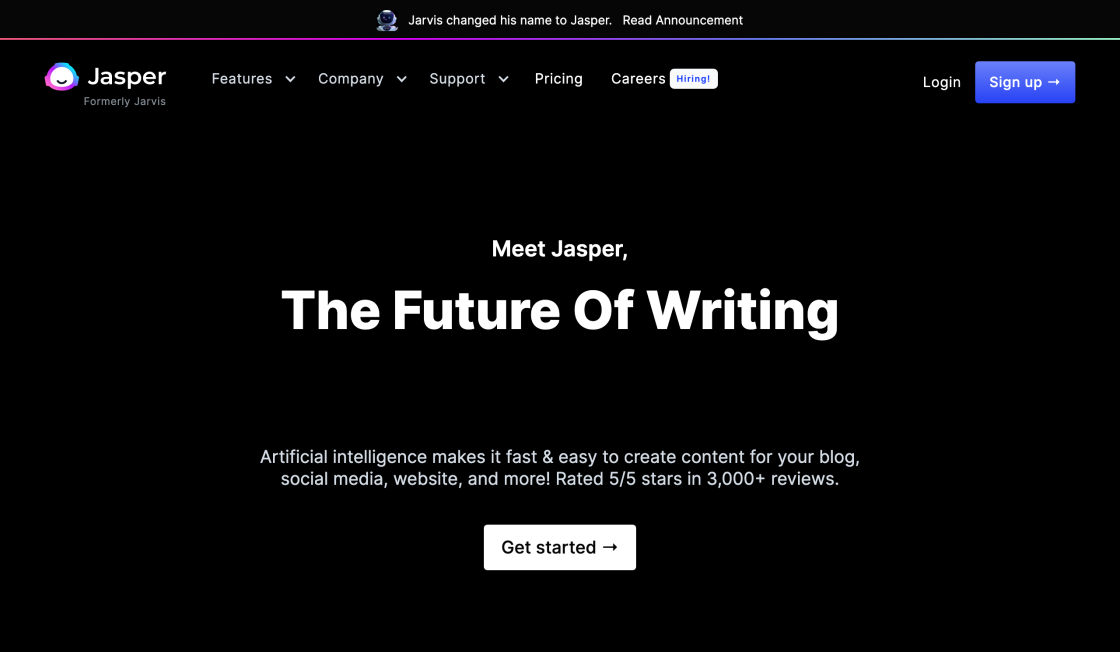
Jasper (previously Jarvis)
Your Personal AI Assistant
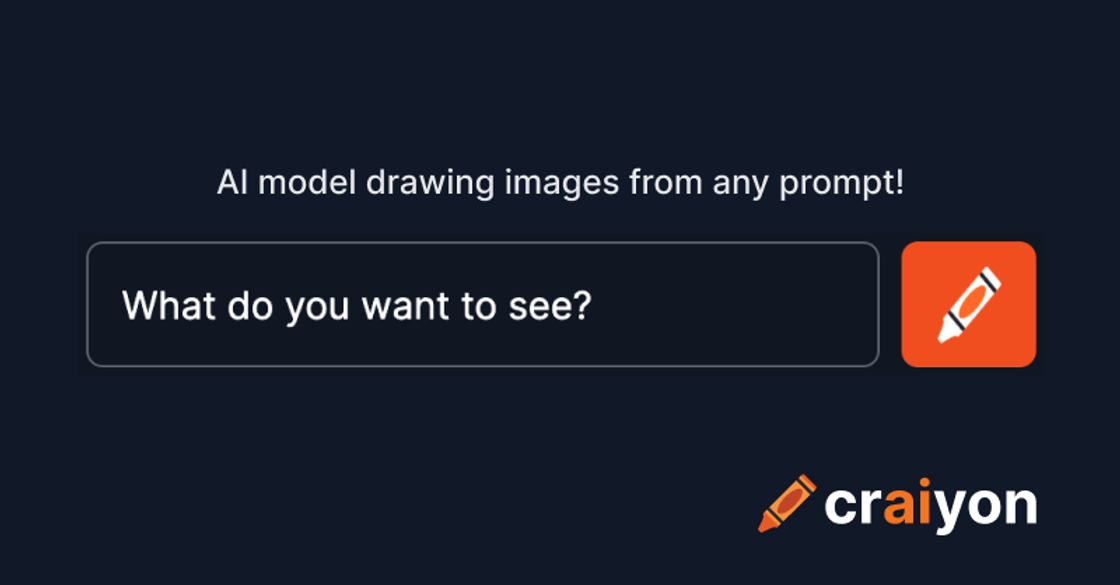
Craiyon
Craiyon, AI Image Generator
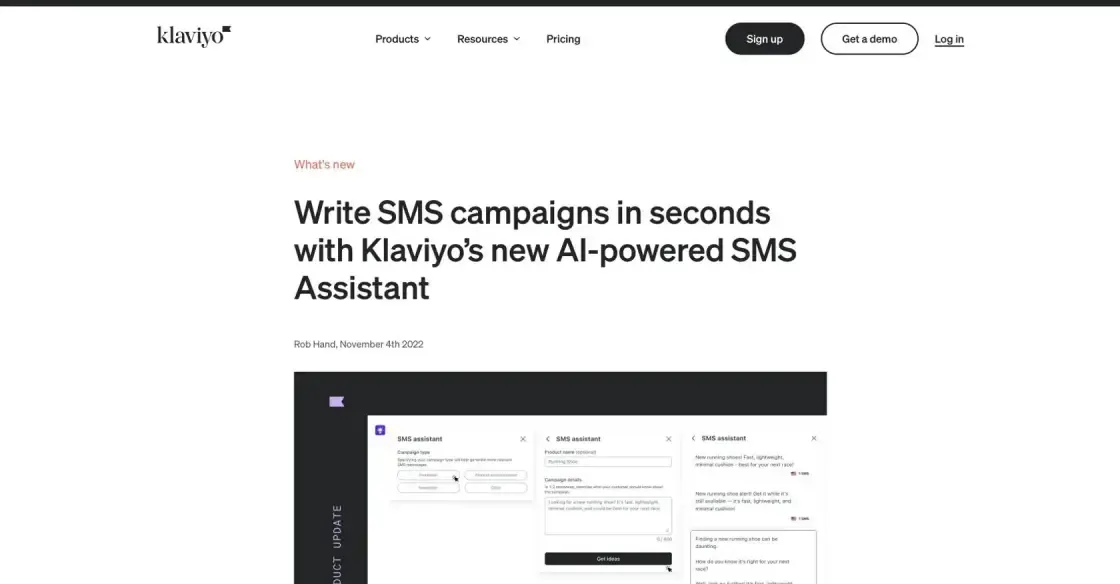
Klaviyo SMS Assistant
SMS Assistant AI Text Messages | Klaviyo Product Features
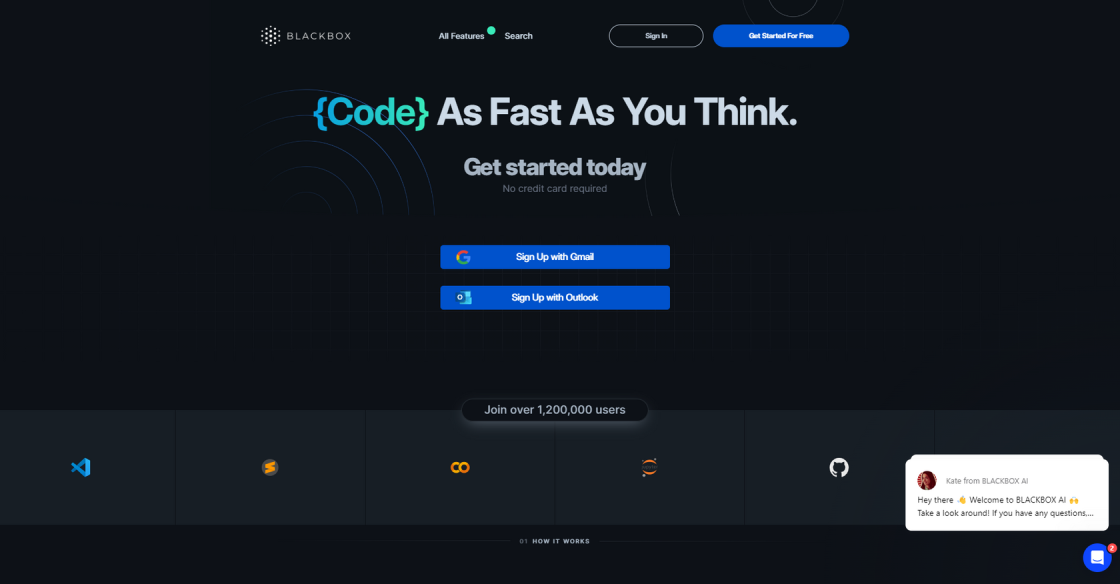
BlackBox AI
Revolutionizing the Future of Analytics

QuickTools By Picsart
Comprehensive Online Image Tools | Quicktools by Picsart
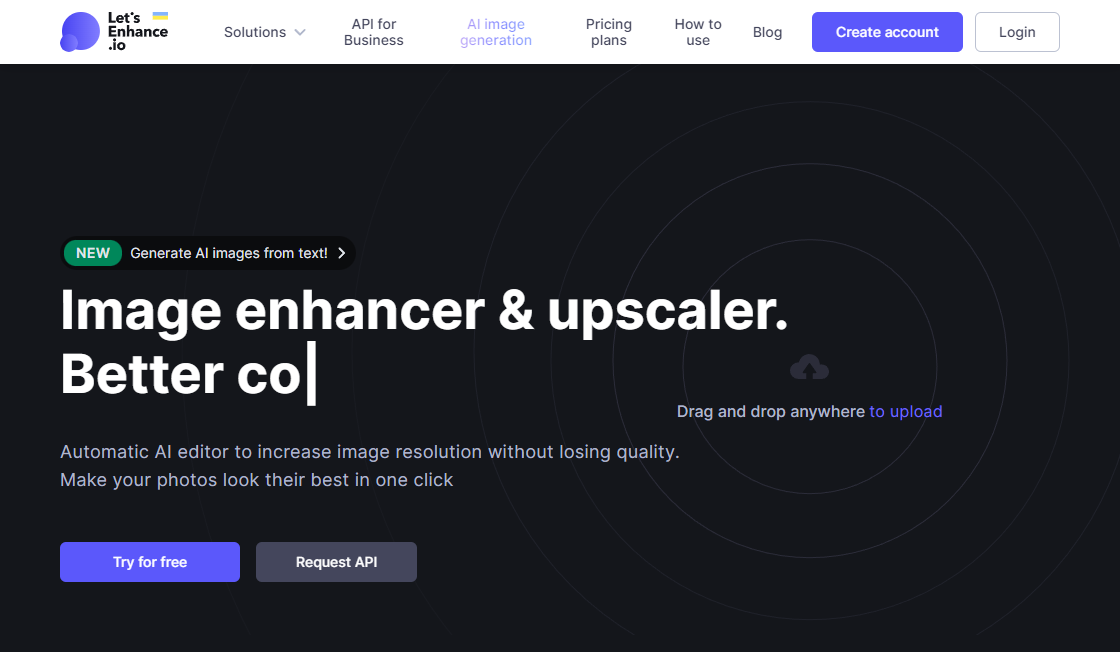
Let’s Enhance
Let’s Enhance - Image Quality Online App & Free Photo Enlarger

Dreamstudio AI
Your Personal AI Artist
Talk to Books is a revolutionary search tool that is transforming the way users explore ideas and discover books. Unlike traditional keyword searches, Talk to Books encourages users to use natural language when making queries. Developed using experimental Artificial Intelligence (AI), this innovative platform is designed to provide users with a more intuitive and personalized search experience. With Talk to Books, users can engage in a dialogue with a virtual librarian who uses machine learning algorithms to suggest relevant books based on the user's input. By analyzing the content of millions of books, Talk to Books is able to offer a more nuanced and comprehensive search result compared to conventional search engines. Whether you are looking for a specific book or just want to explore new ideas, Talk to Books is an excellent resource for anyone seeking to expand their knowledge and understanding of the world.
Talk to Books is an innovative search tool that uses experimental AI to help users explore ideas and discover books.
Instead of using traditional keyword searches, users are encouraged to use natural language when making queries.
Yes, you can use Talk to Books to find a specific book by asking a question related to the book.
No, Talk to Books can also be used to explore ideas and find information on a variety of topics.
Yes, you can ask multiple questions in one query on Talk to Books.
Currently, Talk to Books is only available in English.
Yes, Talk to Books can be used on any device with internet access, including smartphones and tablets.
No, Talk to Books does not require a login or registration.
Talk to Books uses experimental AI and natural language processing, which provides more accurate and relevant results compared to traditional search engines.
Yes, Talk to Books is a free service provided by Google.
| Competitor | Description | Difference from Talk to Books |
|---|---|---|
| Google Books | A search engine for books that allows users to search for books based on keywords, author, title, and ISBN. | Uses traditional keyword searches instead of natural language. |
| Amazon Books | An online marketplace for books that allows users to search for books by author, title, keyword, and ISBN. | Primarily focuses on selling books rather than exploring ideas. |
| Goodreads | A social network for book lovers where users can rate and review books, create reading lists, and join book clubs. | Has a strong community aspect with user-generated content, but lacks the AI-powered natural language search capability of Talk to Books. |
| LibraryThing | A social cataloging platform for books where users can create and share their personal library catalogs, reviews, and ratings. | Similar to Goodreads, LibraryThing has a strong community aspect but does not have the AI-powered natural language search capability of Talk to Books. |
| Bookish | An online magazine and book recommendation site that provides editorial content, author interviews, and book lists. | Focuses more on editorial content and recommendations rather than search functionality. |
| Scribd | An e-book and audiobook subscription service that provides unlimited access to a large collection of books and documents. | While it has a large selection of books, it does not have the same AI-powered natural language search capability of Talk to Books. |
| Open Library | An open source library database that provides access to millions of free e-books, audiobooks, and other digital resources. | Provides access to a large number of free e-books, audiobooks, and other digital resources, but lacks the AI-powered natural language search capability of Talk to Books. |
| WorldCat | A global library catalog that provides access to over 2 billion items from libraries worldwide. | Allows users to search for books and other items in libraries worldwide, but does not have the same AI-powered natural language search capability of Talk to Books. |
| JSTOR | A digital library that provides access to thousands of academic journals, books, and primary sources. | While it has a large collection of academic books and journals, it does not have the same AI-powered natural language search capability of Talk to Books. |
| Project MUSE | A digital humanities database that provides access to scholarly journals and books in the arts, humanities, and social sciences. | Similar to JSTOR, Project MUSE has a large collection of academic books and journals but does not have the AI-powered natural language search capability of Talk to Books. |
Talk to Books is a revolutionary search tool that allows users to explore ideas and discover books using cutting-edge artificial intelligence technology. Unlike traditional keyword searches, Talk to Books encourages users to use natural language when making queries.
With Talk to Books, users can ask questions or make statements about any topic of interest, and the system will provide relevant book passages based on the context of the query. This means that users can get personalized recommendations based on their specific needs and interests.
One of the key advantages of Talk to Books is its ability to understand the meaning behind user queries. The system uses advanced AI algorithms to analyze the structure and context of the text, allowing it to provide accurate and relevant results. This makes it much easier for users to find the information they need, without having to sift through irrelevant search results.
Another advantage of Talk to Books is its vast library of books. The system currently has over 100,000 books in its database, covering a wide range of topics and genres. This means that users can find information on virtually any subject they can think of, from science and technology to literature and history.
Overall, Talk to Books is an innovative and highly effective search tool that is helping users explore ideas and discover new books like never before. Whether you're a student, researcher, or just someone who loves to read, Talk to Books is definitely worth checking out. So why not give it a try today and see what you can discover?
TOP